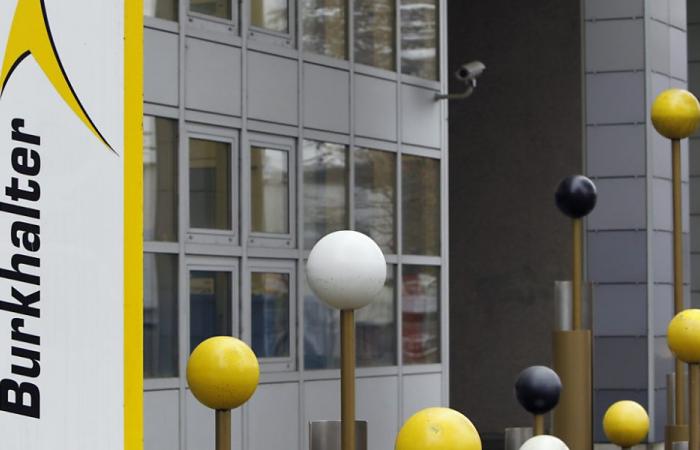The French have placed the far-right National Rally (RN) party in the lead in the first round of legislative elections on Sunday, as they did in the European elections. While political uncertainty remains high, markets are satisfied with the outcome of the ballot boxes.
“This is a moment of political rupture, the French want the RN to come to power,” Simon-Pierre Sengayrac, co-director of the Economic Observatory of the Jean-Jaurès Foundation, created by the socialist Prime Minister Pierre Mauroy, summed up to the AWP agency.
“In economic terms, I strongly doubt a break, because the Paris Stock Exchange opened sharply higher at +2.5%.” To explain this, the expert emphasizes that “France’s budgetary room for maneuver, regardless of the party in power, is very thin. France will once again enter into excessive deficit proceedings at the European Commission and will be forced to follow a trajectory back to balance. This means that all the tax relief and additional spending measures proposed by everyone, particularly the RN, will have very little chance of passing.”
Sunday evening saw the Prime Minister’s call for the withdrawal of the deputies from the presidential camp who came in third place in the event of a three-way race, “to prevent the National Rally from having an absolute majority in the second round,” according to Gabriel Attal. In such a case, Jean-Luc Mélenchon, founder of La France Insoumise, also called for the withdrawal of the deputies from the New Popular Front, with the instruction “not one vote, not one more seat for the RN.”
Which prompts Anne-Laure Delatte, economist and researcher at the National Centre for Scientific Research (CNRS), to expect a relative majority for Jordan Bardella’s party after the second round and “probably a technical government, like in Italy”.
According to her, “the danger comes rather from ungovernability, because it will be difficult to promulgate laws, as there is no possibility of a coalition. There may be agreements, particularly in the economy, between the RN and Ensemble (presidential majority), given that the RN has backpedaled on everything to reassure the bosses and the markets.”
Markets relieved but attentive
Markets, which this Monday, “showed their relief”, noted Jézabel Couppey-Soubeyran, lecturer at the University of Paris 1 Panthéon-Sorbonne. They “especially feared a breakthrough by the New Popular Front whose economic program of restoring public services and investing in the ecological transition is based on tax increases”, added the specialist in banking regulation.
Furthermore, there was no surprise effect “for the markets which read the installation of the extreme right elsewhere than in France with disdain and accommodate it without difficulty”, she noted.
This week, “financial markets will remain attentive and evolve according to the vicissitudes of the cross-agreements. However, the risks of prolonged political instability with unknown outlets are likely to drive investors away from French assets,” said Gaëlle Boucher, CIO of Banque Cramer & Cie.
The arrival in power in France of the RN, which notably attacked dual nationals during the legislative campaign, is “very bad economic news first of all for France”, according to Gilbert Casasus. “Switzerland will perhaps benefit from the contribution of French capital and brains, but will be confronted with questions concerning its investments”, explained the emeritus professor of European studies at the University of Fribourg. Switzerland is the third largest foreign investor in France, with 1,300 companies on French soil.
If France, under the leadership of President Emmanuel Macron, “has shown itself to be attractive to businesses” in recent years, now “does a Swiss entrepreneur want to do business in France? The answer is no,” he asserted.
Switzerland’s reputation as a safe haven could be strengthened, as the Confederation and “its financial centre are still viewed favourably, thanks to our wealth management skills and our political and fiscal stability”, added Dusan Isakov.
According to the full professor of finance and corporate governance at the Department of Management Sciences at the University of Fribourg, “the wealth management sector in Switzerland should be the first to benefit from these new inflows of capital.”
This article was published automatically. Sources: ats / awp






